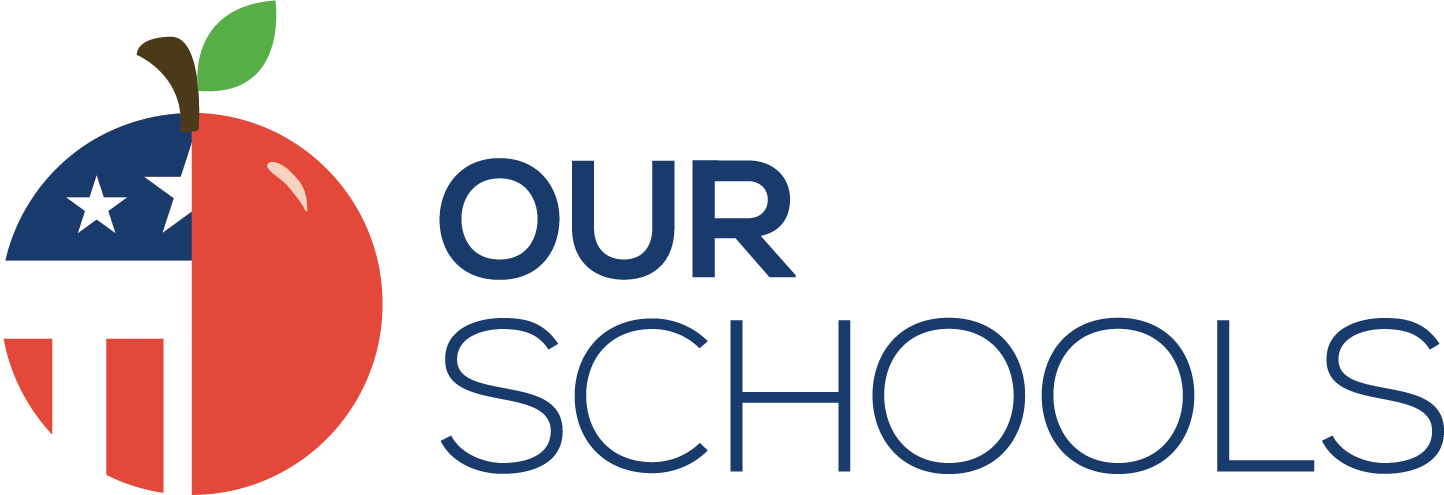| Can't see this email? Read Online | ||||
 | ||||
| How State Takeovers of Local Schools Undermine Democracy | ||||
| A Special Report on recent efforts in urban communities of color to wrestle schools away from state control and privatization efforts and win back democratic local control. By Jeff Bryant Traditionally in America, local schools have long been governed by democratically elected boards. But that American tradition has been undermined or overturned, especially in communities of color, where less democratic forms of governance have become widespread. For decades, a wave of state takeovers of school districts overseeing tens of thousands of students has stripped elected school boards in these communities of their governing power and denied voters the right to local governance of their public schools. These state takeovers have been happening almost exclusively in African American and Latinx school districts—many of the same communities that have experienced decades of economic decline, high unemployment, and underinvestment in schools. What tends to accompany these state interventions are mass closing of public schools and the imposition of various forms of privately controlled school models, such as charter schools. NEW REPORTS What Philly Taught Us: How Philadelphia Activists Beat School Privatization to Restore Local Control Netroots Nation At the nation's largest annual gathering of progressive activists, Jeff Bryant is joined on stage with local activists from Philadelphia and a leading authority on education politics to describe how and why grassroots progressive activists in Philadelphia fought back against state takeover of their local schools and made local control of public education a rallying cry in their community. Jeff reviews the growing trend for states to summarily take control of local school in large urban communities of color. Philadelphia Councilwoman Helen Gym explains the essential role public education issues play in progressive activism, even though candidates and organizations affiliated with the Democratic Party ignore the issues or get them wrong. Philadelphia parent activists and current candidate for City Council Kendra Brooks recounts how a sudden takeover of her children's public school by an invading charter school spurred her into leading the local opposition. Youth activist Horace Ryans describes the important role Philadelphia student protest played in the fight. And author and expert Domingo Morel explains his research that finds school takeover efforts in Philadelphia and elsewhere are not as much about improving education as they are about undermining the political power of African Americans. Watch here... Starving Black Schools and Scapegoating Communities Black Agenda Report In an interview with Glen Ford of the Black Agenda Report, Jeff Bryant explains that urban school districts returning to local control following state takeovers often still face many of the chronic problems that drove them into state takeover to begin with, including underfunding of the schools, families mired in poverty, and local elites in the nonprofit and business community who work in the background to undermine the political power of black citizens. Also, the addition of privately controlled charter schools adds to the obstacles communities face in controlling their education destinies. Listen here... FROM ARCHIVES Urban Communities of Color Increasingly Reject Charter Schools Salon Since 1989, there have been more than 100 takeovers of local school districts in the United States. In nearly 85 percent of these cases, the districts have been majority African American and Latinx. Although the takeovers are usually justified for academic reasons, research shows takeovers generally do not have a significant effect on school improvement. Instead, what really motivates takeovers, is politics—especially the political undermining of black and brown governance of schools in urban communities. State takeovers also "grease the rails" for privatization efforts like charter schools. But there's strong evidence from communities victimized by takeovers—such as New Orleans, Newark, and Jersey City—that Black and Latinx citizens are rejecting privatization efforts and winning back democratic control. Read more... The Racism of School Closures The Progressive Politicians and policy leaders—Democrats and Republicans alike—support dealing with schools that show poor results on standardized tests by shutting them down. School closings happen all the time, and the number of students affected is increasing at an alarming rate. A significant factor driving school closures is the expansions of charter schools. When charter schools compete with public schools for students and resources, there is a snowball effect. As students leave a school, they take money allocated based on number of students with them, which leads to teacher layoffs and program cuts, which results in more disenchanted parents pulling their children from the school. Charter schools often close their doors, too. Leading charter school advocates actually point to charter-school closings as evidence that their model is working, since it proves that the marketplace will weed out "bad" schools. The rush to close more schools and embrace school closings is a perverse approach to "school improvement," with the hugely negative effects on students and communities. The idea that closing more schools is an effective strategy needs to be permanently shut down. Read more... To learn more about school privatization, check out Who Controls Our Schools? The Privatization of American Public Education, a free ebook published by the Independent Media Institute. Click here to read a selection of Who Controls Our Schools? published on AlterNet, or here to access the complete text. Jeff Bryant is a writing fellow and chief correspondent for Our Schools, a project of the Independent Media Institute. He is a communications consultant, freelance writer, advocacy journalist, and director of the Education Opportunity Network, a strategy and messaging center for progressive education policy. His award-winning commentary and reporting routinely appear in prominent online news outlets, and he speaks frequently at national events about public education policy. Follow him on Twitter @jeffbcdm. | ||||
|


